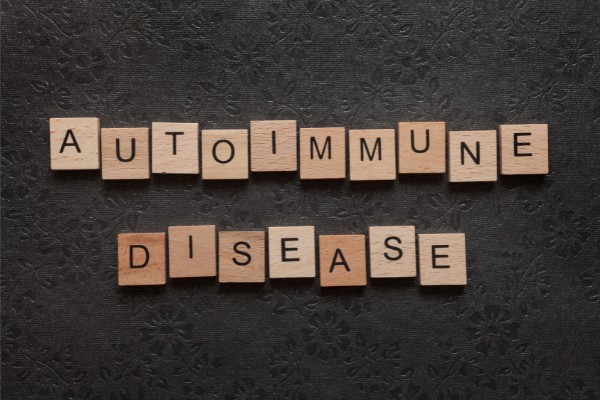Little did I know that when I felt butterflies in my stomach before track meets in college, it was a sign of the gut-brain connection. We’re only just starting to learn more about this link. Have you ever felt those butterflies?
According to research, your brain and your gut are very interlinked and significantly affect each other. Many experts now refer to the gut as the second brain for this reason.
The gut-brain connection
Your brain has plenty of neurons, which tell your nervous system what to do. The enteric nervous system, a part of the central nervous system in the gut, lies in the lymphatic tissues below the lining of the intestines. It uses the same type of neurons and neurotransmitters as the central nervous system, hence the term “second brain.”
Neurotransmitters in the brain link the brain and gut. One of the most well-known neurotransmitters is serotonin, which controls your mood.
A lot of neurotransmitters are also present in your gut. In fact, the gut produces more serotonin than your brain. This means it’s super important to help your gut produce the proper serotonin levels and be in the best shape to harness them.
There’s another dimension to this. The gut-brain connection is also linked to the immune system. This can extend to autoimmune diseases. Experts are increasingly looking into the idea that autoimmune conditions may start in the gut.
What is autoimmune disease?
Under normal circumstances, your immune system protects your body against viruses, bacteria, and other nasties that can be harmful. The immune system also produces antibodies protecting against viruses you have been exposed to in the past.
The immune system acts on healthy cells rather than invaders and produces auto-antibodies for some people. This is known as autoimmunity and causes many symptoms associated with autoimmune disease.
The gut-immune connection
Your gut not only digests and absorbs nutrients from your food and excretes waste products, but it also helps your body fight off bacteria and germs that could make you sick. There are a considerable number of immune cells in your gut.
Inflammation’s role in autoimmune diseases
When “bad” bacteria get the opportunity to outnumber the “good” bacteria in your gut, it sets the scene for many health problems, including poor immunity and the development of autoimmune diseases. Inflammation in the gut can be a significant factor in autoimmune diseases, including autoimmune encephalomyelitis (a collection of related conditions in which the body’s immune system attacks the brain, causing inflammation) and multiple sclerosis.
Inflammation’s role in Inflammatory Bowel Disease (IBD) probably won’t be a great surprise. Still, an unhealthy gut can cause autoimmune diseases that have nothing to do with the gut itself.
Autoimmune response
According to studies from Yale, mice have shown that bacteria in the gut can travel to other parts of the body and trigger an autoimmune response. The research focused on a bacterium called Enterococcus gallinarum, which can relocate to the lymph nodes, liver and spleen.
They found that tissues outside of the gut kick-started the production of autoimmune response markers. Using vaccines and antibiotics that targeted E. gallinarum reduced this production in mice. They stopped it growing in the tissues, which meant it had less effect on the immune system.
Researchers believe that dopamine signaling also controls the inflammatory response to prevent it from going haywire. With autoimmune conditions, the immune system attacks healthy cells. Animal studies have suggested that controlling dopamine could help stop this. But a lot more research needs to be done to confirm this possibility.
Leaky Gut Syndrome
Research is also finding links between Leaky Gut Syndrome and autoimmune conditions such as lupus, Hashimoto’s Disease, Graves’ Disease, rheumatoid arthritis, celiac disease, and type 1 diabetes. If the food hasn’t been properly digested, it can leak through the lining of the intestines. This leaking tells the immune system that it needs to produce antibodies and leads to the range of symptoms that characterize Leaky Gut Syndrome. The immune response can go far beyond the gut. It’s been suggested that the gut can be a big culprit in autoimmune disease in general.
The gut-brain-immune connection
It’s looking more and more likely that not only can an unhealthy gut play an instrumental role in the health of your brain, but it could also be a significant factor in autoimmune disease. Doing what you can to help your gut heal could be highly beneficial for autoimmune diseases. And accordingly helpful to your brain health as well. Not only is there a gut-brain connection, but there is a gut-brain-immune connection as well.







+ show Comments
- Hide Comments
add a comment